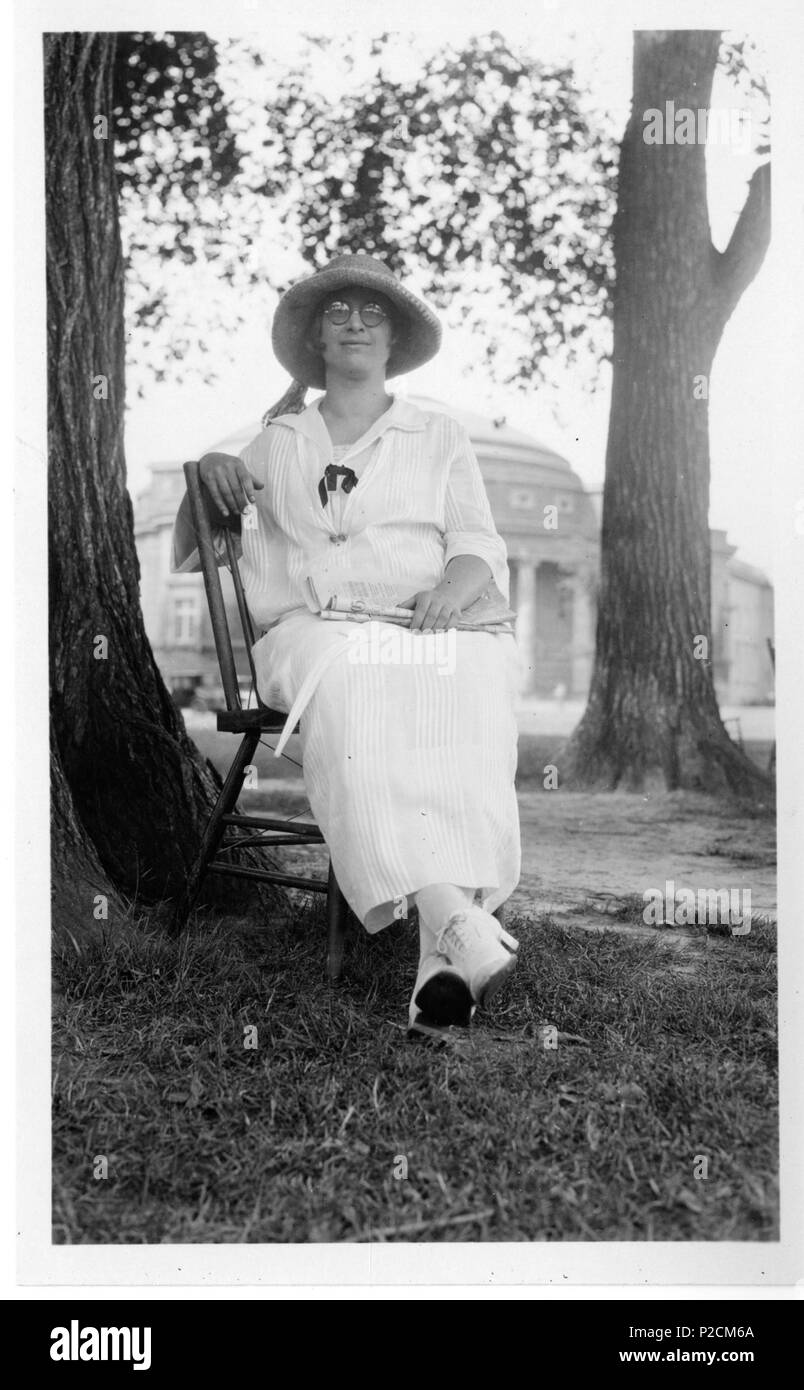To search local records for citations, you need to start by visiting the courthouse or other government office in the county or state where a particular event took place. You can also contact them directly and request information on available public records. In many cases, you may be able to access these records online through various websites such as Ancestry.com or FamilySearch.org.
Additionally, some libraries offer digital archives of local newspapers and periodicals that could provide detailed information about events in a certain area during a certain time frame. Finally, if all else fails, it is possible to hire a professional researcher who specializes in locating public documents from specific counties and states when necessary.
Searching for local records and citations can be a daunting task, but there are several simple steps you can take to make the process easier. First, consider accessing online databases such as your state’s official website or using search engines like Google to find specific local records. Additionally, visiting your county courthouse is an excellent option as it allows you to access official records in person.
Finally, don’t forget to contact any relevant government offices or libraries that may have information pertinent to your search. With these simple steps in mind, finding local records and citations should be easy!
2022 06 28 How to Write an Article for your Genealogical Quarterly

Credit: www.alamy.com
How Do I Search National Archives Online?
The National Archives online have a variety of resources available for searching. To begin, go to the homepage and select either “Catalog” or “Search All.” Catalog will search only records held by the National Archives, while Search All allows you to look through digital collections from other organizations as well:
• Use keywords in your search query to narrow down the results.
• Refine searches with filters such as geographic area, date range, type of record and more.
• Save any documents that may be useful for future reference.
• Make use of advanced search options like Boolean operators (AND/OR) if needed.
How Do I Search Archives?
Searching archives can be a daunting task. Here are some tips to make it easier:
• Identify the type of archive you need – Is it an academic, government or business collection?
• Determine what kind of materials are included in the archive – Are there records, manuscripts, photographs or other media available?
• Use keywords and phrases to find relevant documents – Make sure to use multiple search terms for more accurate results.
• Utilize databases and search engines when possible – Databases like ProQuest and search engines like Google Scholar can often provide access to archived material.
• Consider reaching out for help if needed – Contact librarians or archivists who may have expertise in searching particular collections.
Can Anyone Access the National Archives?
Yes, anyone can access the National Archives. The archives are open to all members of the public and provides information on a wide range of topics. Here are some ways to access the National Archives:
• Online: The National Archives website offers free online access to many documents, records, photos and videos.
• In Person: Visitors can visit one of the twelve regional branches located throughout the country in person and conduct research or view artifacts.
• Via Email: Requests for specific documents may be emailed directly to an archivist at any branch location.
How Can I Find My Family Tree Without Paying?
It is possible to find your family tree without paying. There are a number of free or low-cost resources available:
• Online genealogy databases, such as FamilySearch and Ancestry.com
• Government records from local, state, and national archives
• Old cemetery records
• Local libraries for access to books and documents about family history
• Social media platforms like Facebook for connecting with distant relatives who may have information about the family tree.
Conclusion
This blog post has provided an overview of how to search local records for citations. It is important to understand the various tools and resources available when conducting research as this can make the process easier and more efficient. Additionally, it is critical to be familiar with the rules and regulations governing access to documents in order to ensure that you are following all applicable laws.
Ultimately, searching local records for citations requires a combination of research skills, knowledge of legal requirements, and access to the right tools and resources. With this information in mind, researching should become much simpler regardless of what kind of citation you are looking for.
